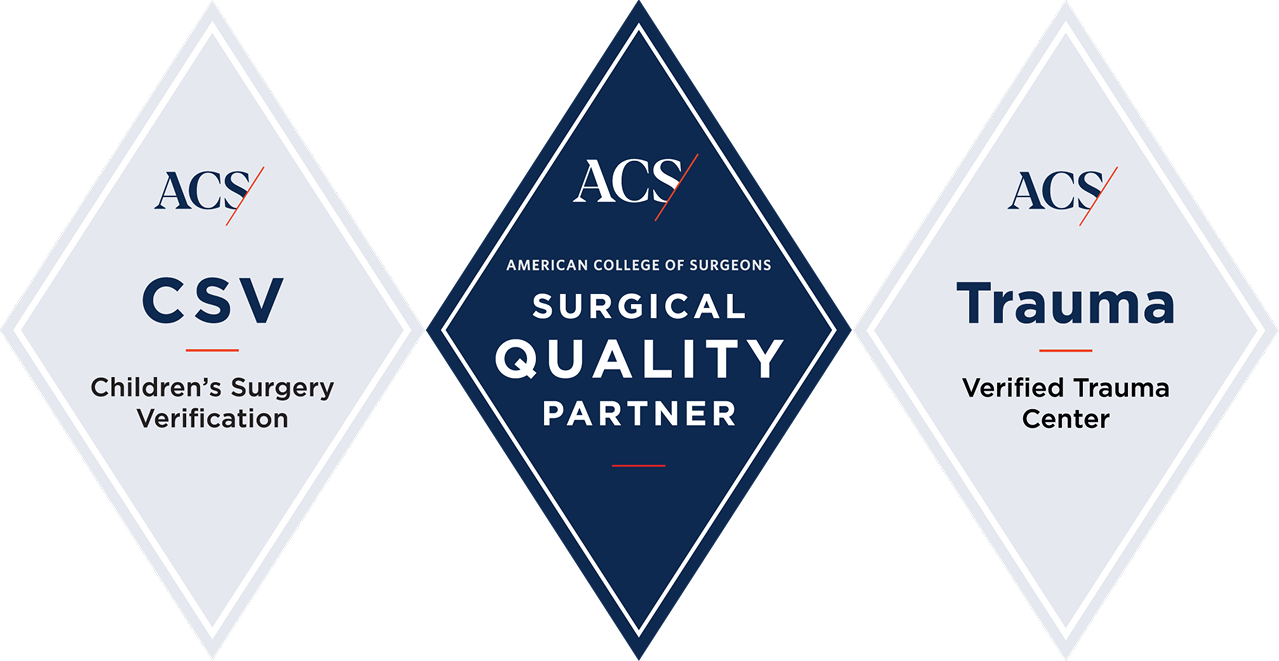careers
Dayton Children’s careers offer rewarding opportunities in health care, support services and more, all with one mission: going above and beyond.

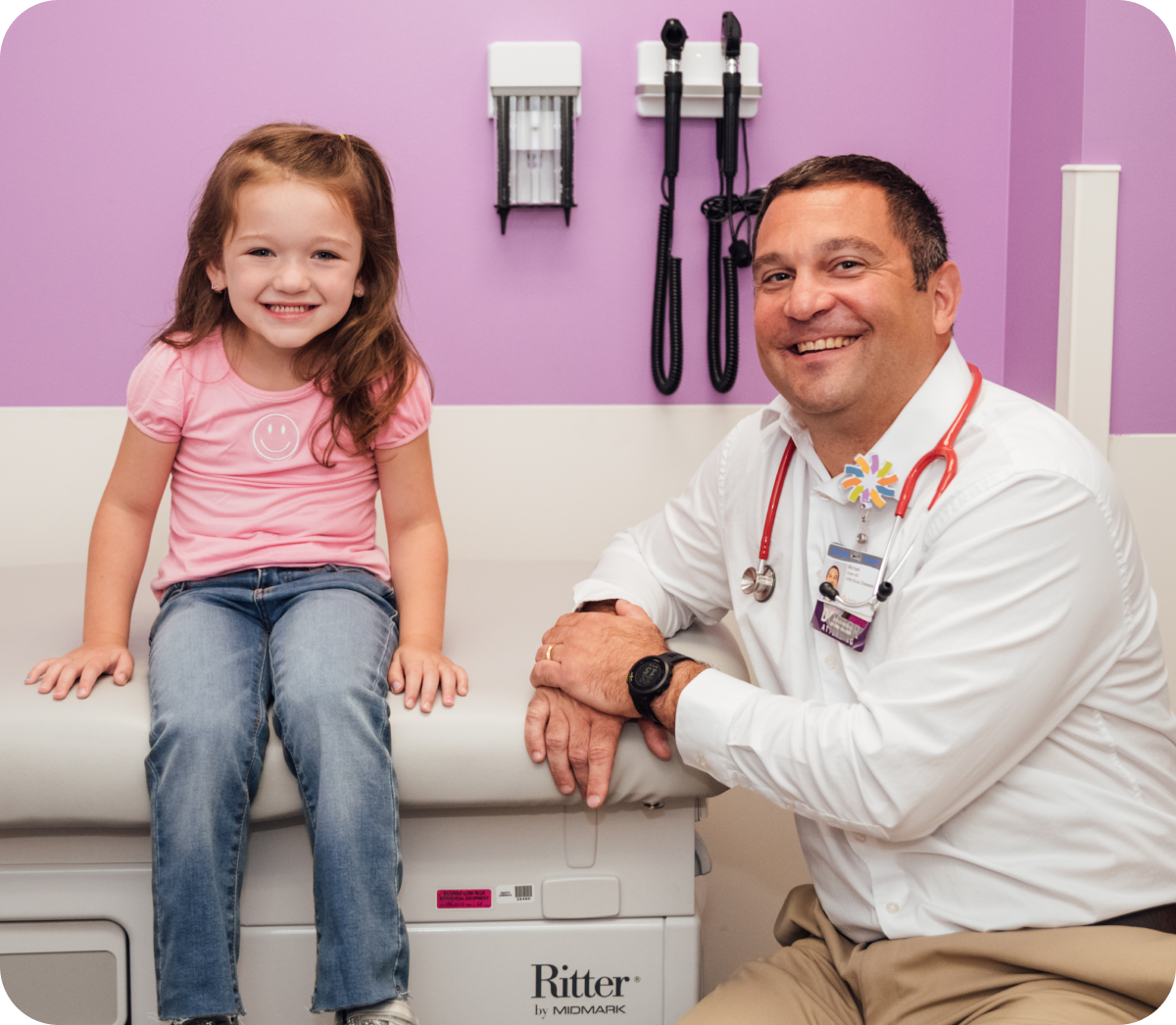
the Dayton Children’s difference
Dayton Children’s is proud to be recognized as a leading employer in Ohio and across the nation. More than 4,300 employees come to work here each day united by one mission — the relentless pursuit of optimal health for every child within our reach.
When you join our team, you’re not just building a career — you’re becoming part of a hospital where we serve with compassion, value and respect each person, and innovate with purpose. Every role, from bedside care to support services, plays a vital part in helping kids thrive. If you share our passion for making a difference, there’s a place for you at Dayton Children’s.
benefits that matter to you
At Dayton Children’s, we care for the people who care for kids. That’s why your employee benefits package is more than just add-ons, it’s a commitment to your health, family, and overall wellbeing. Our comprehensive benefits represent an additional 35–40% of your total compensation and are designed to support you at every stage of life.
health benefits
- On-site health & wellness clinic
- Dedicated mental health support
- 100% coverage for preventative health
- Comprehensive medical coverage, including on-demand options
- Dental and vision coverage
- Wellness and employee assistance programs
PTO benefits
- Available day one for full-time, part-time and weekend employees
- Accruals: full-time (8.3 hours/pay period), part-time (4.19 hours/pay period), weekends only (5.076 hours/pay period)
- Additional PTO awarded every 5 years of service
- PTO exchange for several benefits (cash, travel, donation and more)
life, retirement & financial benefits
- Employer contribution match up to 4%
- Free basic life and accidental death coverage
- Employee care fund for unexpected needs
other benefits
- Disability (short- and long-term)
- Bereavement and parental leave
- Pet insurance
- Tuition assistance
- Employee discount programs
explore career paths
Whether you’re caring at the bedside, training for the future, or stepping into a high-demand role, you’ll find opportunities to make a difference for kids.

nursing careers
read more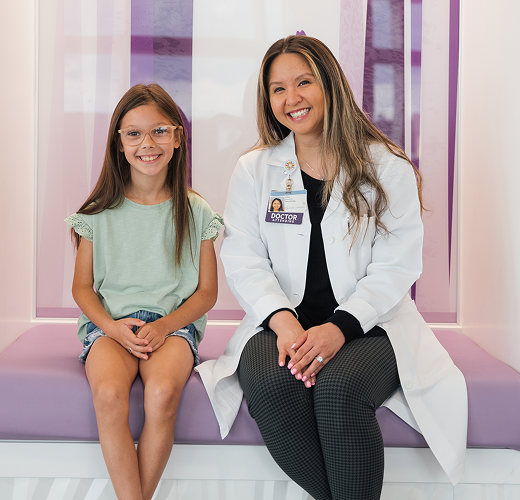
physicians careers
read more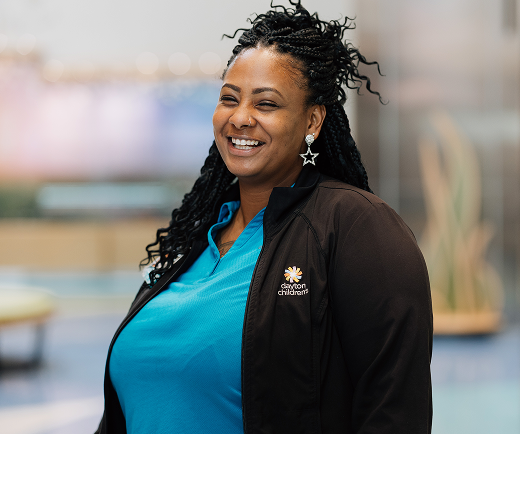
student opportunities
read more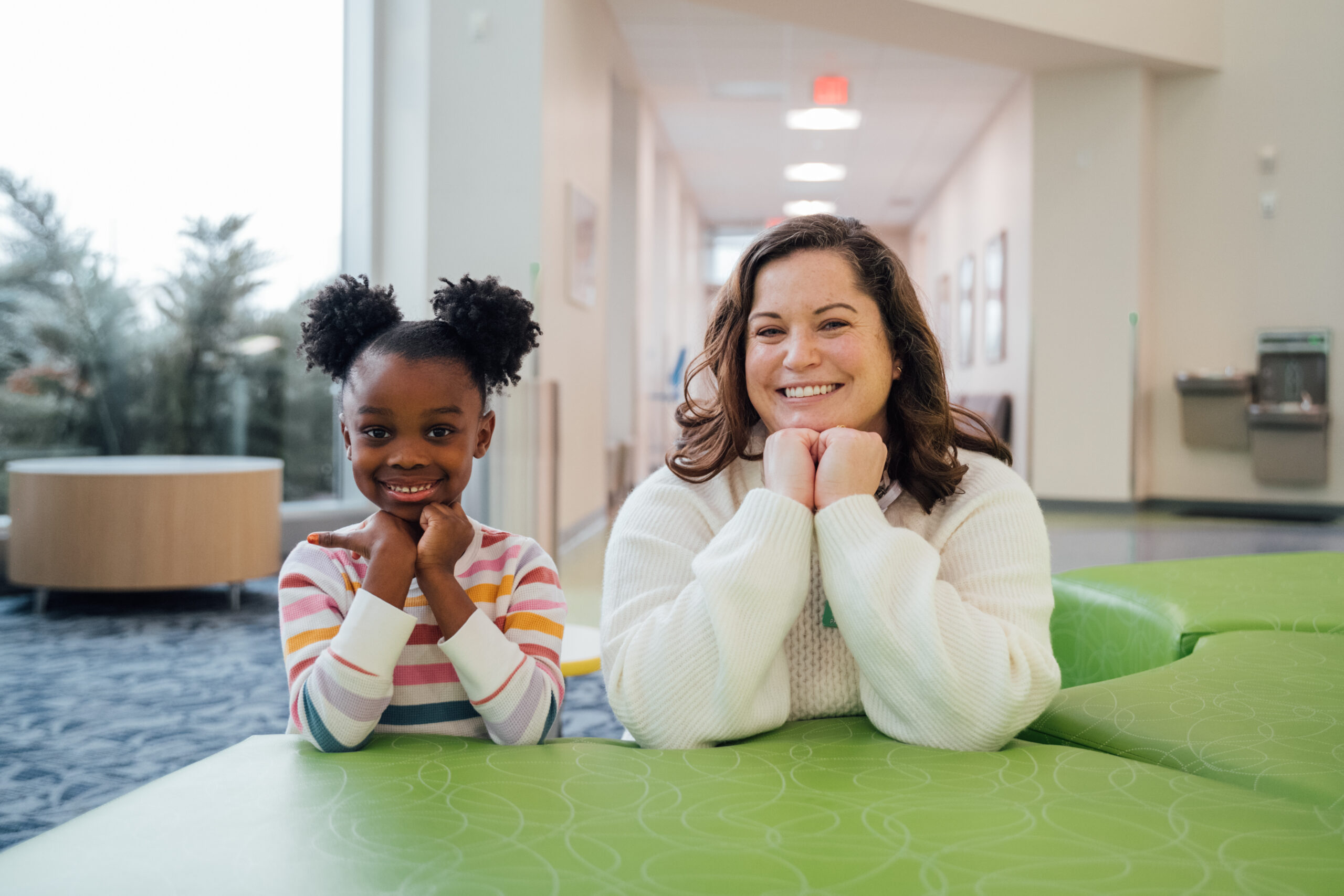
in-demand careers
read more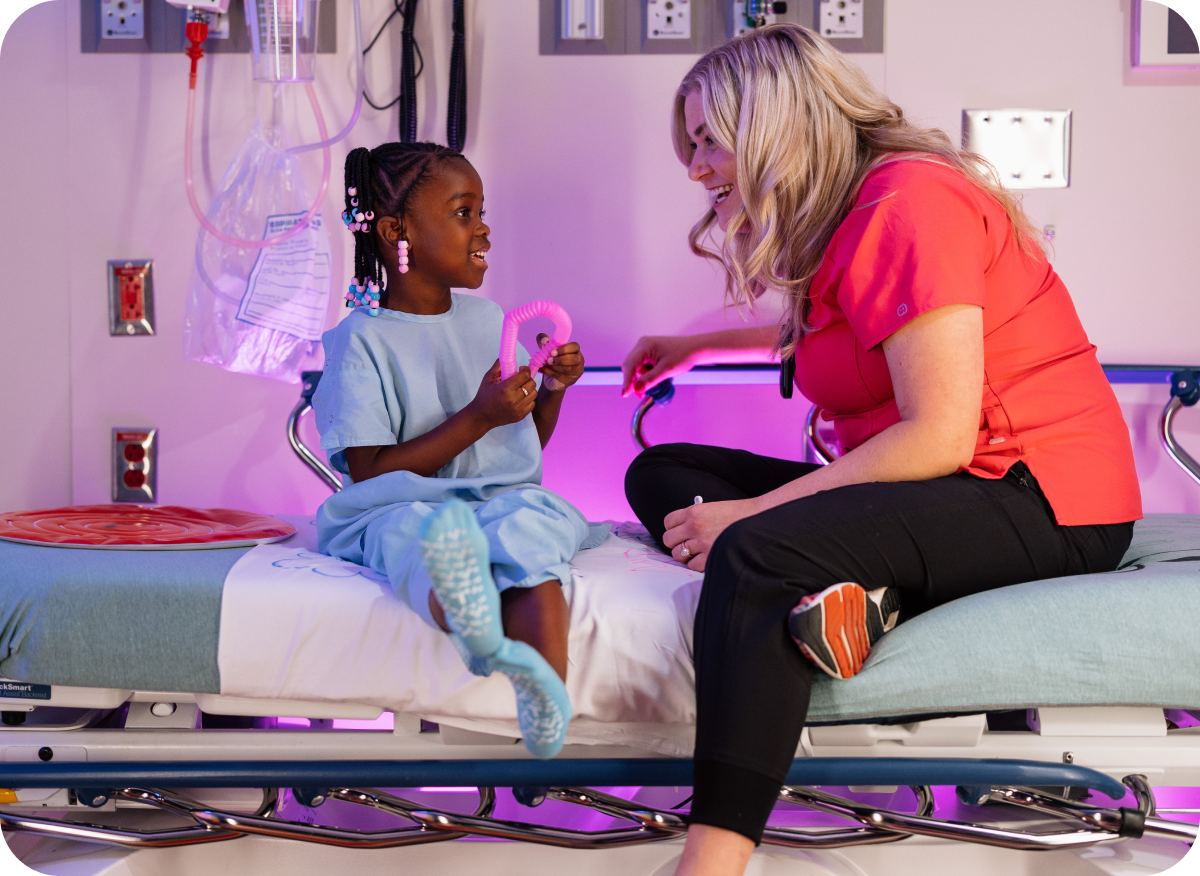
belong here. grow here. have fun here.
We’re proud to create a workplace where everyone feels welcome, valued and empowered to shine. Our people bring different perspectives, passions and skills, but we’re united by a shared mission: the relentless pursuit of optimal health for every child within our reach.
We keep our culture strong with programs and perks that build connections, spark growth and create moments that matter:
- employee resource groups for support and connection
- career connections mentorship program
- professional development courses and tuition assistance
- reward and recognition platform to celebrate wins, big and small
- Fun traditions like Halloween celebrations, Superhero Day and birthday “paw-ties” for our facility dogs.
Here you’ll be supported by leadership, cheered on by teammates and encouraged to bring your best self to work. Because when our people thrive, so do the kids and families we serve.
locally focused, nationally recognized
While our pediatric experts are nationally recognized, it’s our specialty in caring for kids locally that truly sets us apart. No one is more committed to the health and wellbeing of the children of our community than Dayton Children’s.
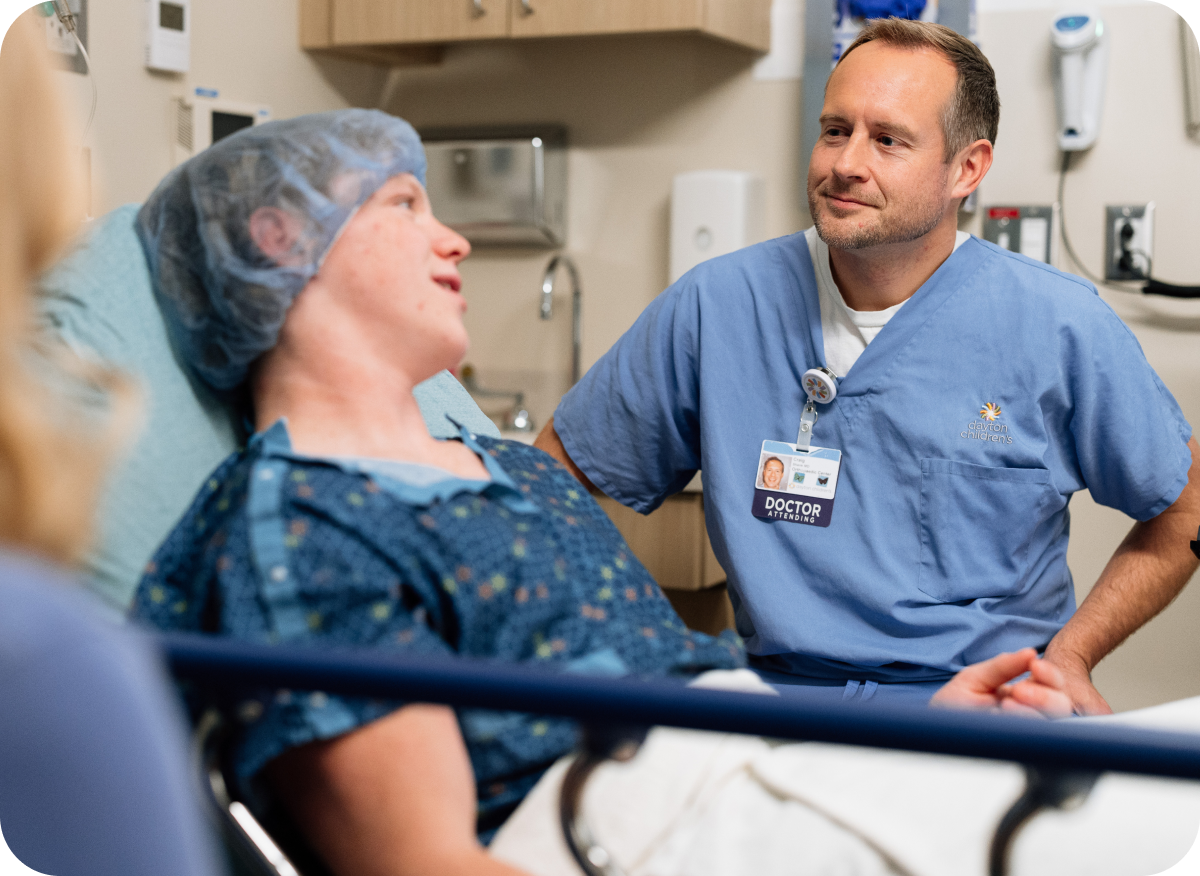



living in Dayton
As the birthplace of aviation, Dayton is a city where innovation takes flight, and the quality of life is just as inspiring. The region offers diverse neighborhoods, excellent schools, top-ranked health care and plenty of recreation and culture.
Dayton is consistently ranked among the nation’s most affordable cities, making it a great place to build a career, raise a family, or enjoy your next chapter. Located at the “Crossroads of America,” Dayton’s central location and extensive highway network make it easy to get anywhere you need, from work and school to parks, dining and weekend getaways.
Dayton offers rich cultural experiences, from world-class art to aviation history.
- Dayton Art Institute and Boonshoft Museum of Discovery
- Schuster Performing Arts Center – home to the Philharmonic, Opera, and Ballet
- National Museum of the U.S. Air Force – the world’s largest aviation museum
- Dayton History sites including Carillon Historical Park and Hawthorn Hill
The Five Rivers MetroParks system features 19 parks with:
- Hiking, biking, and fishing
- Children’s gardens and waterfalls
- Family-friendly spaces for picnics and play
Dayton’s food scene has something for every taste — from local favorites to upscale dining. You’ll find hidden gems, family-friendly spots, and unique flavors across the city.
Dayton combines big-name retailers with local shopping experiences.
- Dayton Mall
- Mall at Fairfield Commons
- The Greene and Austin Landing
- 2nd Street Market – a European-style market with local growers, bakers, and artisans
Dayton is a sports town with something for everyone.
- Dayton Dragons – minor league baseball, record-breaking sellouts
- University of Dayton basketball – home of NCAA March Madness First Four
- Wide range of college and community sports events year-round
related links
Ready to learn more? View the pages below to continue your journey learning about the rich history and experience found at Dayton Children’s.
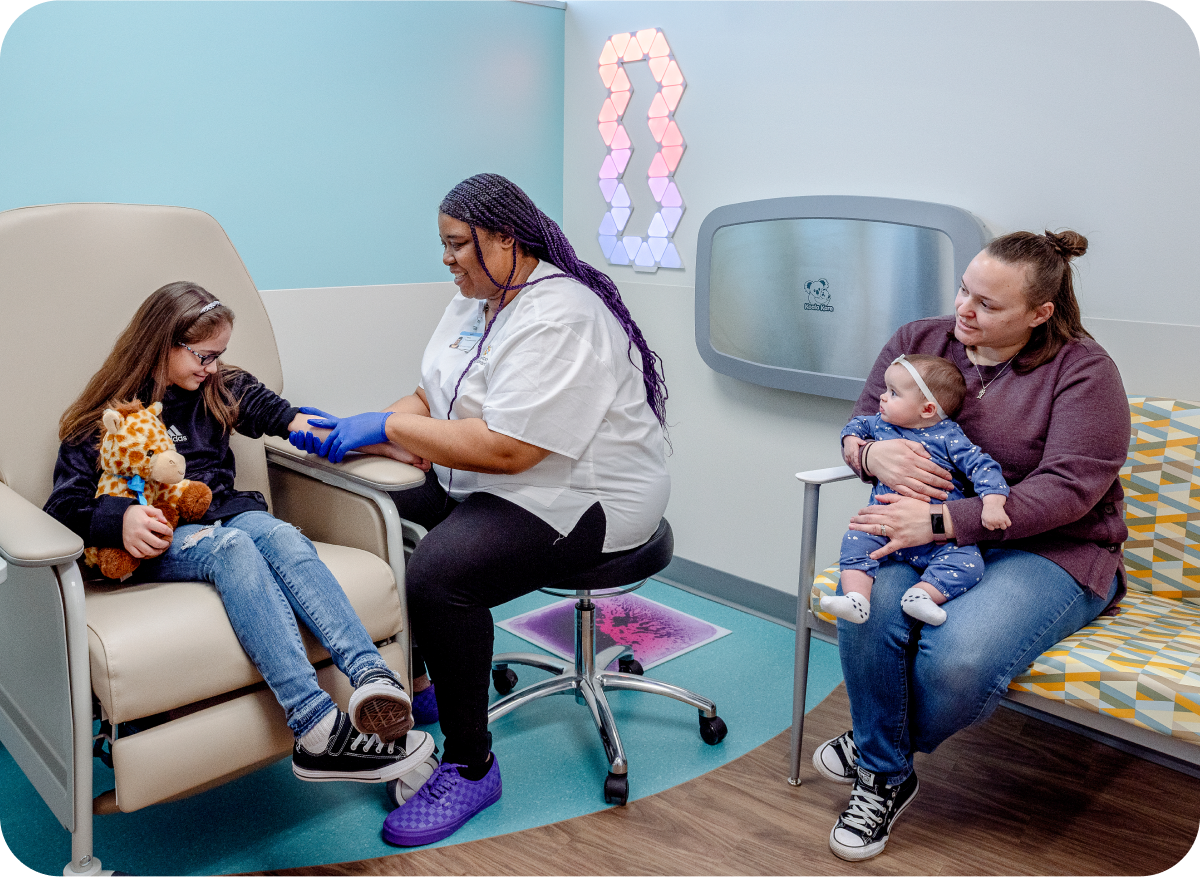
FAQs
Wondering about our hiring process or employee requirements? Visit our careers FAQs to find quick answers about applications, interviews and more. Find the details you need to take the next step in your career.
current employee?
Current employees must apply internally through your employee WorkDay account by visiting the ‘Jobs Hub’ worklet.

equal opportunity employer
Dayton Children’s Hospital is an Equal Employment Opportunity Employer and does not discriminate on the basis of race, color, religion, gender, gender identity or expression, national origin (ancestry), military status, disability, age (40 years or older), genetic information, sexual orientation, or caregiver status, in making employment-related decisions about an individual. Applicants have rights under federal labor laws: Know Your Rights (Ohio, federal), FMLA, EPPAC.
ready to make a difference?
Join a team that goes above and beyond for kids every day. Explore open positions and find a career that matters.


